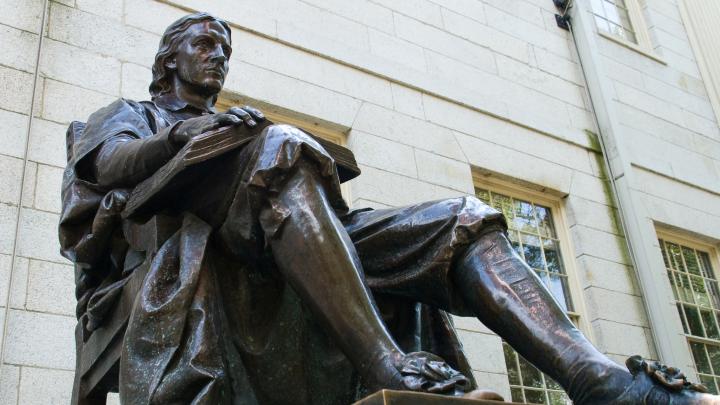The College announced today that 992 applicants from a pool of 4,692 had been granted early-action admission to the class of 2018, entering next autumn. In 2012, early-action admission was granted to 892 of 4,845 applicants; and in 2011, when the program was made available after a four-year hiatus, 774 of 4,228 applicants were granted early-action admission. Such admissions are not binding on the applicants, who can decide next spring whether to enroll; thus, the offer of admission differs from early decision—an option not extended by Harvard—which is binding on accepted applicants. (The prior-year data reported here vary slightly from the figures given in earlier accounts; they reflect the numbers distributed with the College’s news announcement of today.)
As the Crimson has pointed out, early-action applicants’ strong inclination to enroll if offered admission (a high “yield” rate) means that members of the regular application pool face an extraordinarily low admission rate—heading toward 3 percent. If all of the 992 early-action applicants offered admission were to matriculate (as is unlikely), there would be about 650 openings left in the class. Some 3,197 early applicants were deferred this year; they and regular-deadline applicants may total some 30,000 or so, competing for those remaining spaces.







